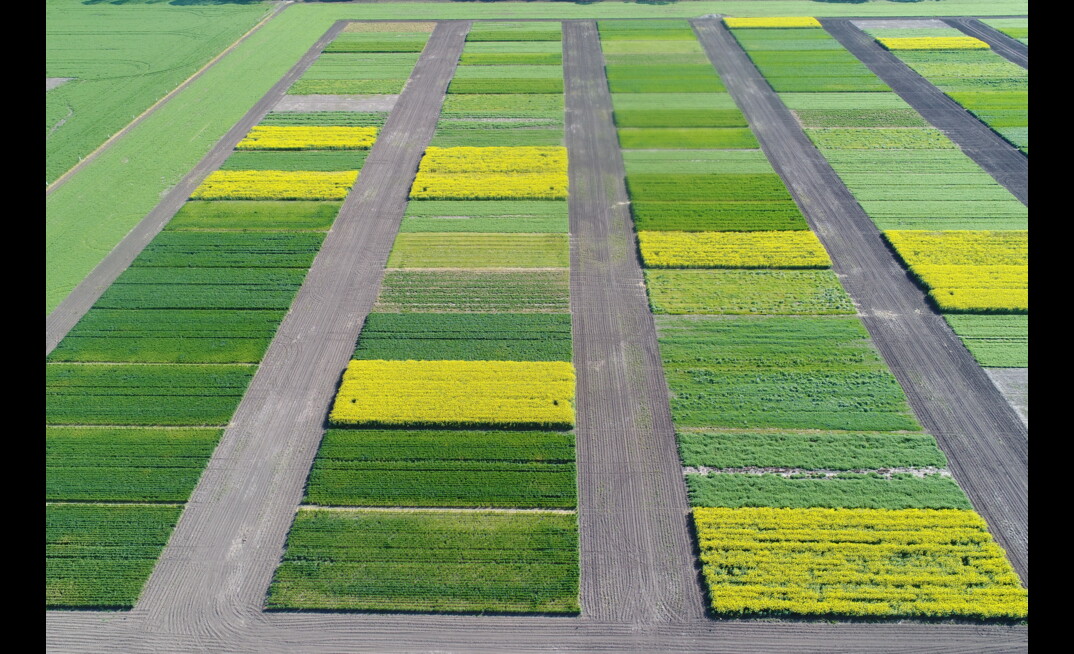The Sustainable Cropping Rotations in Mediterranean Environments (SCRIME) experiment started 25 years ago to examine the impact of different crop and pasture rotations and tillage systems on agricultural productivity in medium rainfall climates in southern Australia.
Agriculture Victoria senior soil scientist, Professor Roger Armstrong, said data collected from the last soil monitoring campaign in 2018, prior to recent wetter years, showed that soil carbon was declining to varying degrees across all crop rotations.
"The crop rotation that had the least decline in soil carbon was one that included a high frequency of legumes in its rotation," said Professor Armstrong.
"Crop rotations weren't able to halt the slow decline of soil carbon, even when zero tillage residue retention systems were adopted.
Since 2018 however the Wimmera region has returned to a series of better seasonal conditions so it will be interesting to see how the different rotation and tillage systems we are examining have impacted on soil carbon."
SCRIME is part of Agriculture Victoria's long-term trial network and this round of soil carbon monitoring is a co-investment between Agriculture Victoria and the Wimmera Catchment Management Authority (WCMA).
The management of SCRIME is assisted by an advisory committee including Agriculture Victoria researchers Roger Armstrong, Felicity Pritchard, Ash Wallace, Joshua Fanning and Hari Dadu, WCMA CEO Dave Brennan, Longerenong College teacher Nick Wachsmann, Wimmera grower Trish Flynn and agricultural consultant John Stuchberry.























